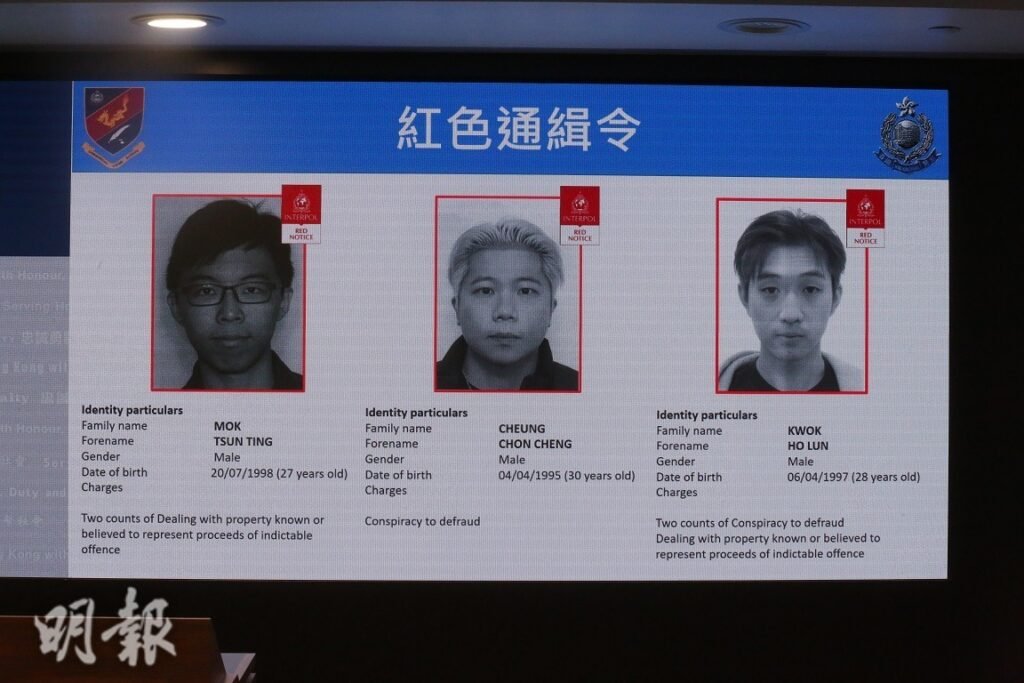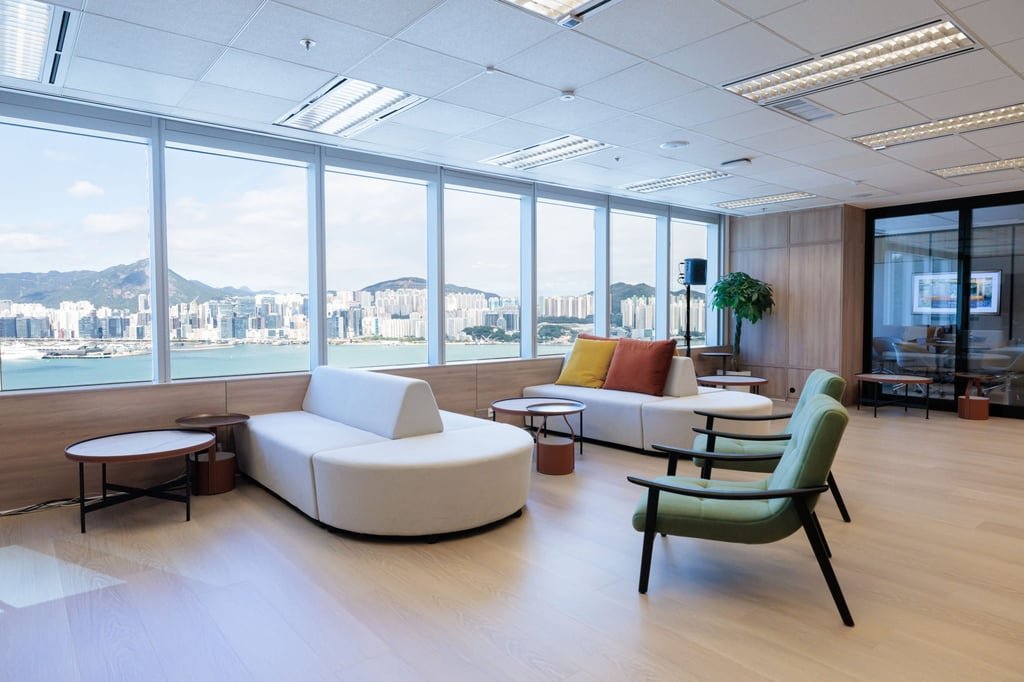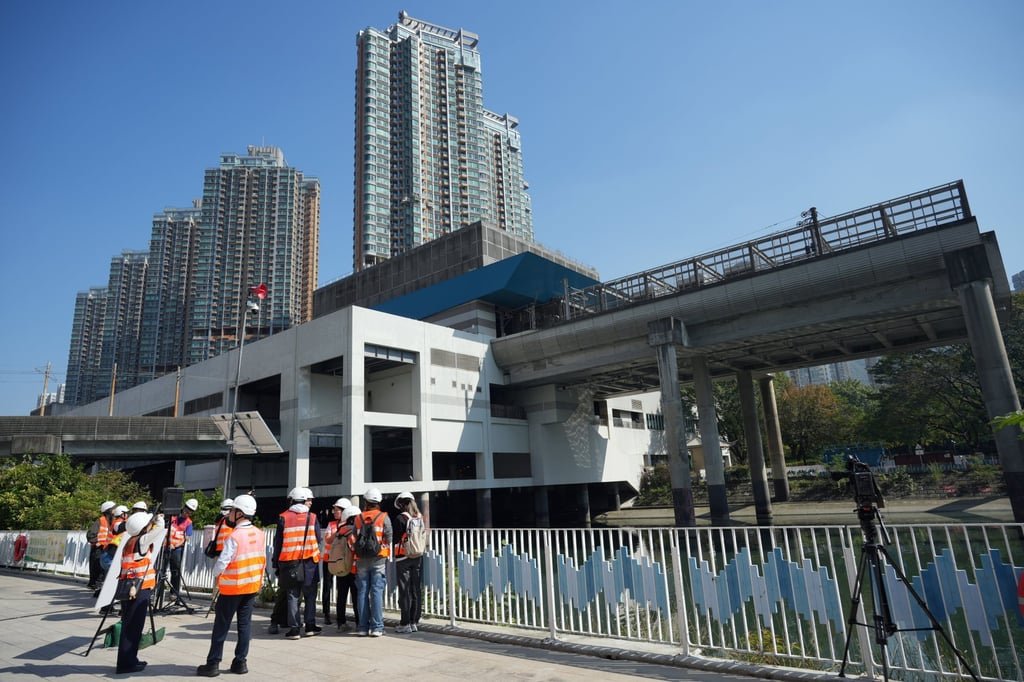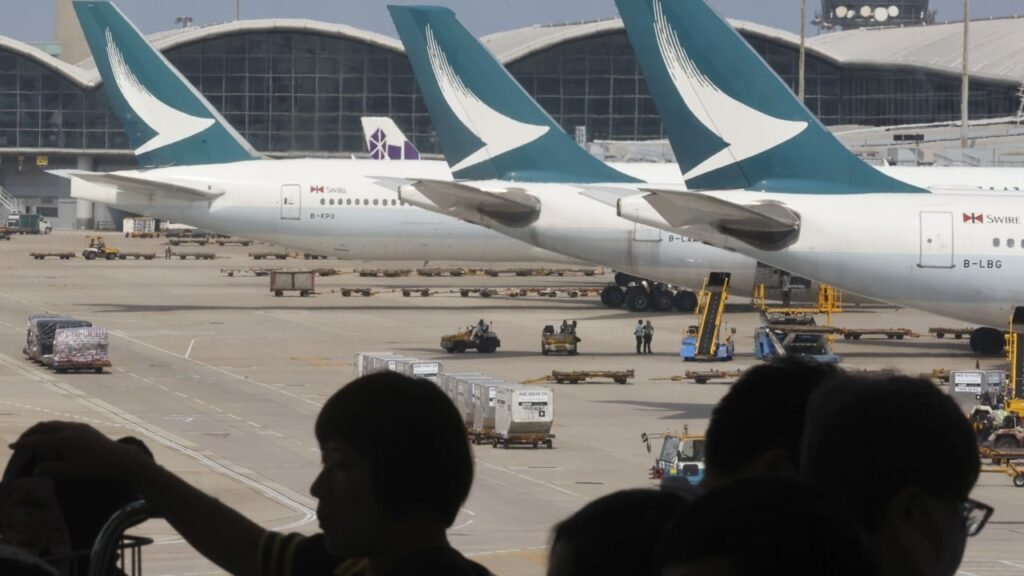Hong Kong’s emergence as a leading international arbitration center owes much to a series of institutional reforms, from visa relaxations to flexible financing rules, that have made it one of the most user-friendly legal environments in Asia, according to Paul Lam, the autonomous city-state’s secretary for justice.
“The Hong Kong government and the legal community in Hong Kong have been working very hard to try to improve our legal services … to make our services more convenient and more efficient,” Lam told The Korea Economic Daily in a recent interview.
Lam, who has served as justice secretary since July 2022, visited Korea for four days from Oct. 21 to attend the APEC Finance and Structural Reform Ministers’ Meeting and a joint legal seminar hosted with Korea’s Ministry of Justice.
RECORD CASELOAD FOR HKIAC
Together with Singapore, Hong Kong is one of Asia’s premier arbitration venues.
The Hong Kong International Arbitration Centre (HKIAC), founded in 1985, handled 352 arbitration cases last year, a record high, with values of such disputes totaling $13.5 billion, also an all-time peak.
Lam credited the growth to government-level policy support.
Since 2020, professionals entering Hong Kong for arbitration-related work have been allowed entry without a separate employment visa.
The arrangement, expanded formally in March this year, covers arbitrators, lawyers and witnesses alike.
“They would not be required to obtain any working permit to come to Hong Kong. So, it’s immigration convenience,” he said.
Hong Kong has also moved to reduce the cost burden of arbitration.
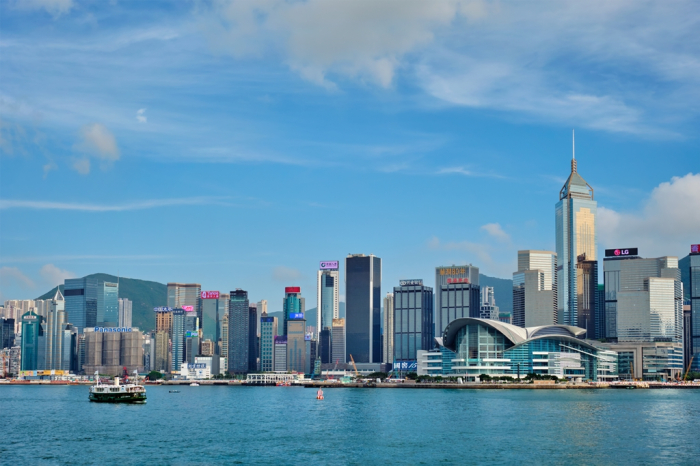
It now permits third-party funding of cases and allows success-based legal fees tied to arbitration outcomes.
“Over the last few years, we have provided more funding options for how people can finance the arbitration so that they may pay their lawyer’s fees in arbitration. To be more specific, we permit a third party to fund the arbitration,” Lam said.
FINANCIAL, JUDICIAL ECOSYSTEMS IN SYNC
Lam emphasized that the strength of Hong Kong’s financial market and its legal system are “symbiotic.”
“The stronger our financial center, the stronger will be our legal system. The stronger the legal system is, our financial system will become more effective. So, it’s like a circle … when one system becomes stronger, the other will become stronger at the same time. It’s a positive feedback effect,” he said.
COMMON LAW WITH CHINESE CHARACTERISTICS
Under the “one country, two systems” framework, Hong Kong retains an independent common law judiciary distinct from mainland China’s, according to Lam.
This duality, autonomy under Chinese sovereignty, gives the city “the best of both worlds,” he said.
“Many people like to compare Hong Kong with Singapore because we appear to be so similar. But, we have our respective distinctive features … I’m not saying one is superior or better than the other. That’s not the point that I’m trying to make,” he said.
“To put it in a different way, Hong Kong has the best of both worlds on the one hand, with our independent common law system on the other hand. We maintain a very close connection with China’s mainland under the framework of one country, two systems.”

RESPONDING TO NEW CHALLENGES
Hong Kong’s legal system, Lam said, is also adapting to new areas such as ESG compliance and virtual assets.
The territory recently enacted the Stablecoin Ordinance, which took effect on Aug. 1, to regulate digital asset trading.
The Department of Justice is currently reviewing the city’s arbitration ordinance to ensure it meets the changing demands of the international community.
COOPERATION WITH SEOUL
South Korea, too, is accelerating efforts to become an international arbitration hub.
At the Asia-Pacific Alternative Dispute Resolution Conference in Seoul on Oct. 29, Korean Justice Minister Jung Sung-ho pledged continued support to strengthen the nation’s arbitration infrastructure.
Lam praised Korea’s progress, citing its robust economy and technological innovation.
“Korea has already developed a very good international operation service, but in the future, from my perspective, I would like to enhance the international collaboration. More collaboration, more interactions with other jurisdictions like Hong Kong, I think, would be helpful,” he said.

